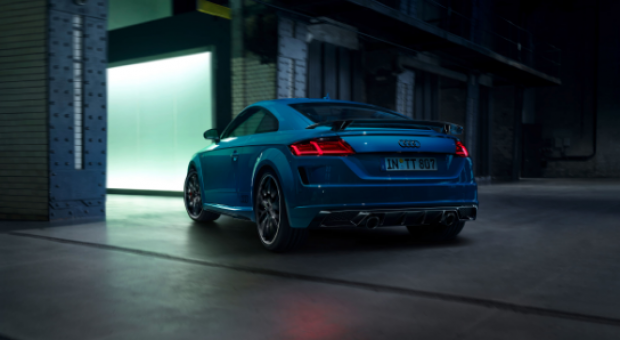
Understanding the Costs of Buying a New Car vs a Used Car
When it comes to buying a car, the decision between buying a new car or a second hand car can be a tough one. Both options have their pros and cons, and the costs associated with each can vary significantly. Here are some of the things to consider when deciding between a new car and a second hand car.
- Purchase price: The purchase price is the most obvious difference between buying a new car and a second hand car. New cars are generally more expensive than second hand cars, but the gap in price can vary depending on the make and model. However, it’s important to keep in mind that the purchase price is only one aspect of the total cost of owning a car.
- Insurance costs: Insurance costs can also vary between new cars and second hand cars. New cars generally have higher insurance costs than second hand cars because they are more expensive to repair or replace in the event of an accident. Additionally, some insurance companies offer discounts for vehicles that are more than a certain number of years old.
- Maintenance costs: The maintenance costs of a new car are generally lower than those of a second hand car. New cars come with a warranty, which can cover the cost of repairs and maintenance during the first few years of ownership. Additionally, new cars generally have lower mileage and have not undergone as much wear and tear as second hand cars.
- Fuel costs: The fuel costs for a new car and a second hand car can be similar, but it’s important to consider the fuel efficiency of the vehicle. New cars generally have better fuel efficiency than older cars, which can result in significant savings over time.
- Depreciation: Depreciation is the decrease in the value of a vehicle over time. New cars generally experience a greater amount of depreciation in the first few years of ownership than second hand cars. This means that the value of a new car will decrease more quickly than that of a second hand car, making it a less financially sound investment.
- Financing: Financing options can also vary between new cars and second hand cars. Some lenders may be more willing to provide loans for new cars, but the interest rates for second hand cars may be lower. Additionally, many new cars are available with special financing options, such as 0% interest, that can make them more affordable.
Ultimately, the decision between buying a new car or a second hand car comes down to personal preference and financial situation. By understanding the costs associated with each option, you can make an informed decision that is right for you.
(Visited 36 times, 1 visits today)
















